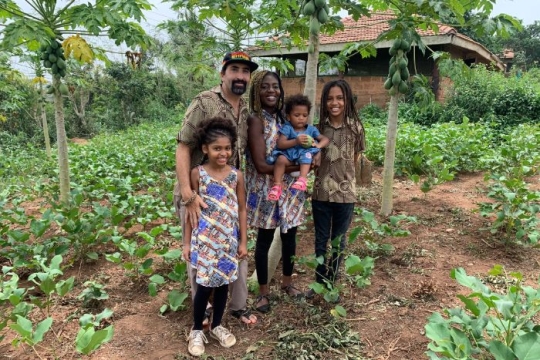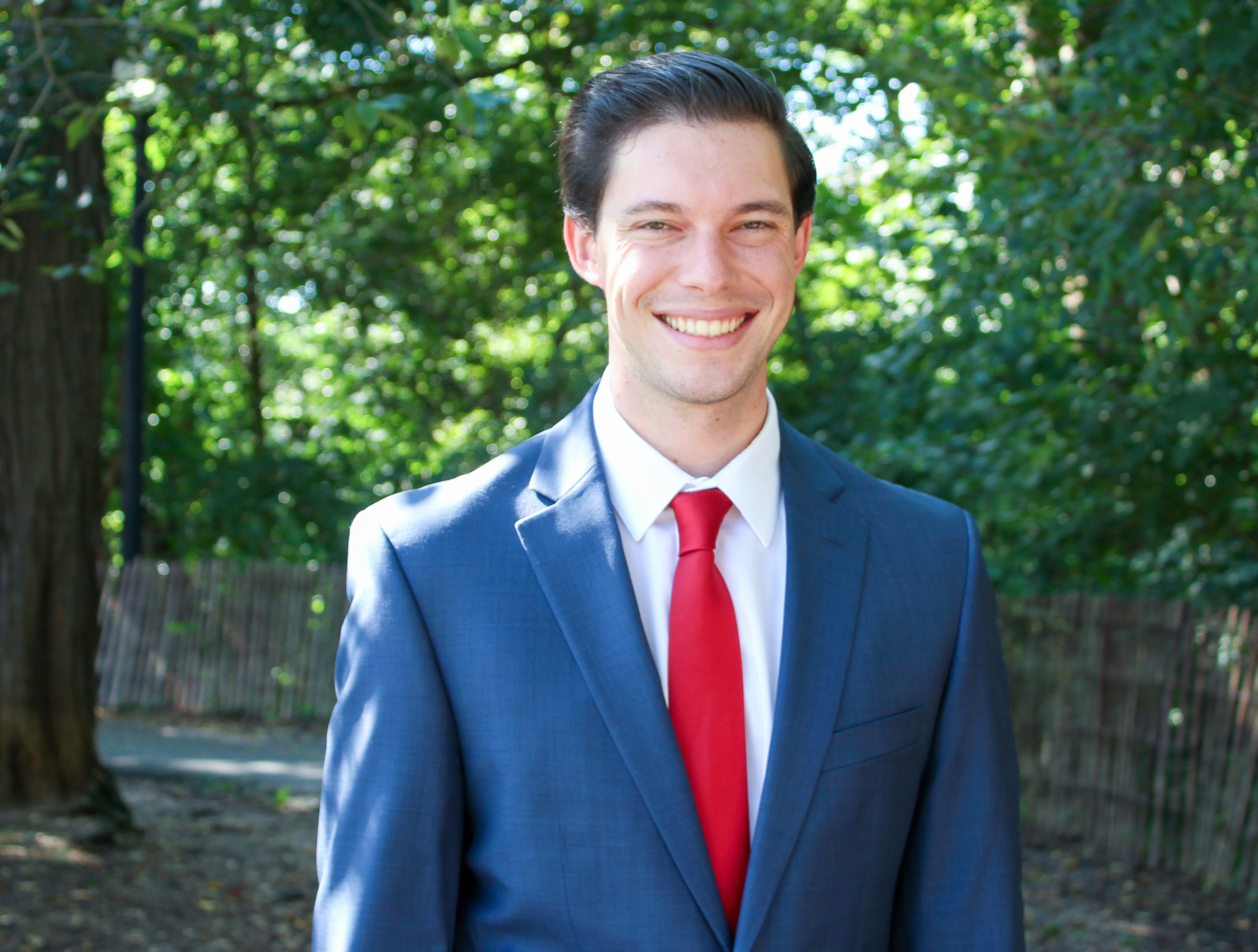
This year is unlike any other in recent memory, and the 2020 U.S. election is no exception, with COVID-19 dramatically changing the way it’s conducted. Consequently, what we normally think of as U.S. Election Day has been transformed into election season, one in which November 3 is not the day to cast our ballots but the last day to do so.
Americans are utilizing mail-in and early voting options at a scale never before seen, and similarly, experts expect that we will have to wait beyond November 3 for some final election results. Election officials will need longer to ensure every vote is counted – but that is OK and normal. The process to count and certify election results has always continued well into the days that follow an election, particularly in close races.
While many voters remember the confusion during the 2000 election, it is important to understand that the announcements made by news networks on election night are actually projections based on statistical models that use exit polls, phone polls, and partial vote results.
Having to wait for election results indicates that our democracy is working. It is far more important that election officials tabulate accurate results than get it done quickly.
There are a few reasons why getting election results will take longer this year. For starters, a record number of Americans are expected to participate in voting this year, and an unprecedented number of votes will be cast by mail-in ballot, roughly doubling the number of mail-in ballots in 2016 – and thus doubling the workload for election officials.
While voting by mail is just as secure as voting in-person, it takes longer to process mail-in ballots because of an emphasis on ballot security and verification. While the specific requirements for mail-in ballots vary by state, election officials must process and sort ballots by hand, including opening (sometimes multiple) envelopes to get to each ballot, verifying each signature, and finally counting each vote.
Irrespective of COVID-19, counting mail-in ballots is labor intensive, and the increased workload will be a challenge this year – especially in states that restrict the processing and counting of mail-in ballots to November 3 or just before. Such restrictions will be especially apparent in Wisconsin, Michigan, and Pennsylvania, all swing states that prohibit election officials from beginning to count mail-in ballots until Election Day itself. Therefore, local officials have expressed concern that getting results may take longer than voters might expect.
Another delaying factor (one that so many workplaces face during the pandemic) is that poll workers must remain socially distanced and safe as they process, verify, and count ballots, in some cases working with reduced staff and resources. Thus, COVID-19 is requiring extreme diligence in an already labor-intensive process as election officials face an unprecedented workload.
The bottom line is that we must be patient on November 3 and in the days following. Every eligible voter must have their voice heard and their vote counted. No party, candidate, or media member should rush to announce winners – particularly in the presidential election, until all votes have been counted, even if that takes a week or more to complete.
It may prove difficult to wait, especially in these times of heightened stress and anxiety; patience may seem impossible. Fortunately, Jewish faith and tradition offer lessons for us as we enter a period of waiting and uncertainty. Our sages teach in the Talmud, “A person should always be patient” (Shabbat 30b) – and indeed, the Jewish people are no strangers to this virtue.
Just last week, we read the story of Noah and the flood in the weekly Torah portion (Genesis 6:9-11:32). Noah and his family persevered through 40 stormy days and nights aboard a ship filled to the brim with every sort of animal on earth. They did this in order to rebuild society, rid of those inclined toward evil.
Later in the Torah, after the exodus from Egypt, the Israelites wandered the dessert for 40 years. The arduous journey took tremendous patience but finished with entering the land of Israel, the promised land flowing with milk and honey. The Jewish commentator Rashi taught that Moses, the great leader of the exodus from Egypt, was a person of exceptional patience. Indeed, patience was a requisite virtue needed to bring the Israelites out of bondage, out of a narrow place, and into freedom.
From our ancestors, our leaders, and our sages, we learn that the Jewish people are a patient people. As we near the end of this election season, may we follow in their paths and be patient, together. In exercising our patience and calling on our government officials to do the same, we can help ensure every voice is afforded the chance to be heard. In doing so, we will be rewarded with a strengthened democracy.
Feeling anxious about the election? Here are a few things you can do:
- Take action: Like Moses, election officials must be patient leaders. Write to your state leaders to urge them to allow every vote to be counted before certifying the election results.
- Track your ballot: Some states and counties allow voters to track the status of absentee ballots.
- Educate your community. Share the Religious Action Center of Reform Judaism’s Facebook post and tweet urging patience, and learn more about the roadmap to official results in an unprecedented election.
Find additional resources, tools, and learning opportunities in the Religious Action Center of Reform Judaism’s Election Protection 2020 toolkit.
Related Posts

Favorite Jewish Teachings from Leaders of Color

A Jewish Ecovillage Founder on Celebrating Earth Day in Ghana


